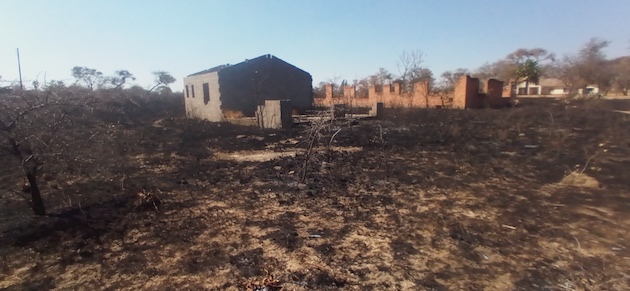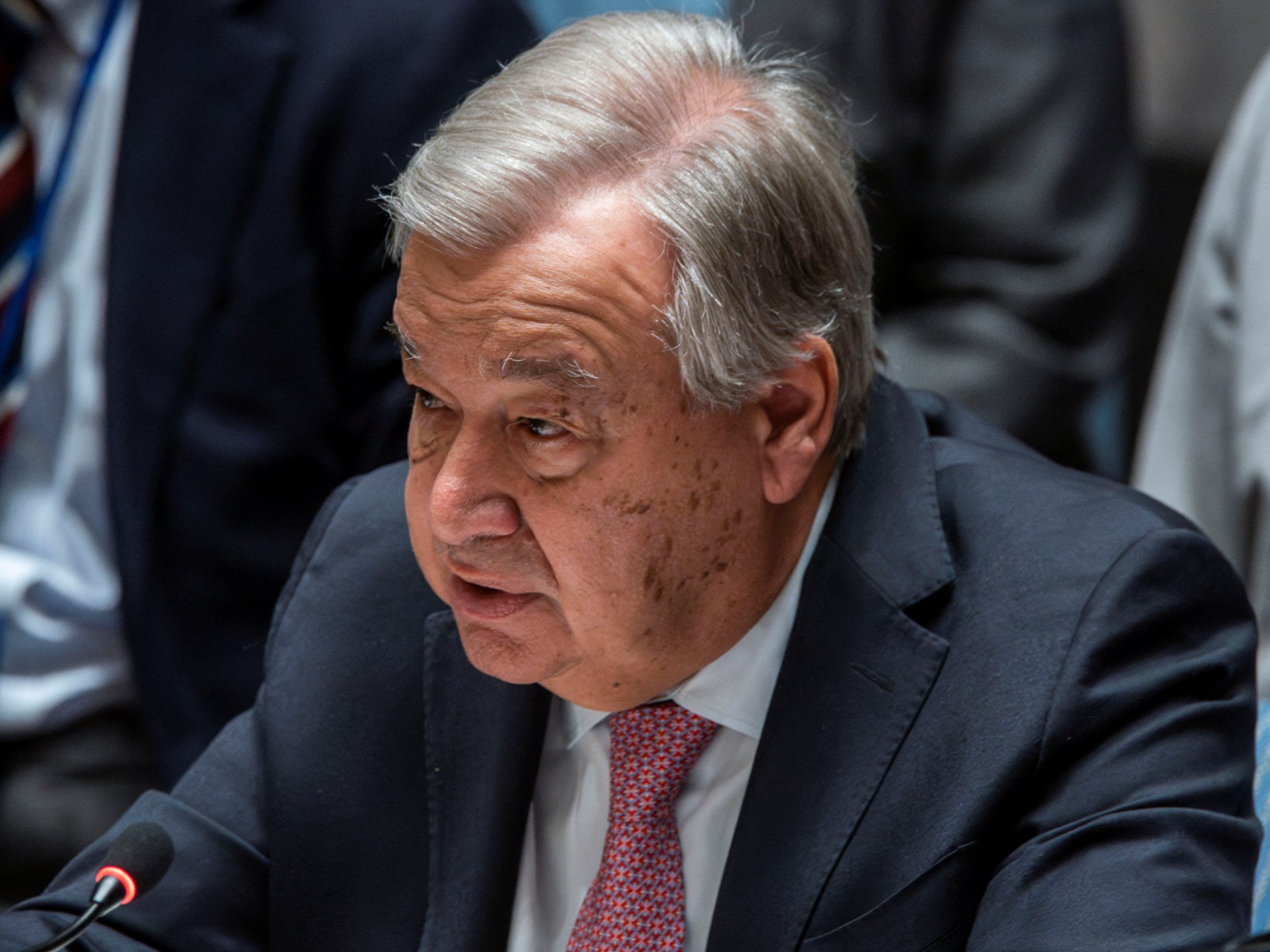Opinion | What the World Needs From Pope Leo
#news #newstoday #topnews #newsupdates #trendingnews #topstories #headlines
The name alone often speaks volumes. In choosing to reign as Francis, first of that name, Jorge Bergoglio signaled clearly the style of his pontificate, which aspired to the simplicity of the saint of Assisi while offering all sorts of ruptures with tradition.
A successor who chose Francis II or, for that matter, John XXIV or Paul VII (after the popes of the Second Vatican Council) would have signaled a further push for liberalization; a successor who opted for Benedict XVII or Pius XIII would have been promising a traditionalist swing.
Whereas the name Leo XIV promises, perhaps, some version of the “peace” that the former Cardinal Robert Prevost invoked in his first words from the papal loggia — peace between the church’s contending factions as well as in the wider world. The last Leo was long-reigning and popular and remembered fondly by Catholics of varying theological stripes. He’s famous for his interventions in 19th-century debates over capitalism and socialism and his support for the revival of Thomist philosophy, a legacy that’s neither “left” nor “right” but simply Catholic in a way that a divided church struggles to achieve today.
Perhaps no pope can achieve it, and certainly there is an interpretation of Leo XIV’s election that just emphasizes continuities with the Francis era: He’s a Francis appointee who entered the conclave as a favored candidate of some of the previous pope’s allies; he’s an American who’s also a critic, lately, of the Catholic vice president of the United States. One can tell a story where the last point was crucial to his election — where at least some cardinals wanted an anti-Trump American as pope — and where his name promises a less destabilizing but still liberal-leaning papacy.
But honestly, after the Francis years, conservative Catholics might welcome even that kind of shift, with a pope who isn’t exactly on their side but who also doesn’t present himself as their scourge and critic, who doesn’t push doctrinal change so hard as to risk schism and who avoids petty wars like Francis’ attempt to snuff out the Latin Mass. A pope who tries to rise above the fray and give the church’s different factions breathing space, instead of threatening chaos or conflict with every appointment, every synod and every papal interview.
That breathing space would be especially useful because the questions liberal and conservative Catholics have been fighting over since the 1960s, while enduringly important, may not be the territory that matters most to the Christian future.
For one thing, the Catholic culture war has been an argument about how to adapt to or resist a secular and liberal form of modernity that no longer seems particularly dominant. As Dan Hitchens put it in one of the best looks at the Francis pontificate, Catholicism today faces “an increasingly anarchic and multipolar international arena,” a crisis of confidence within the liberal order and a deep uncertainty about which forces actually represent the future. (An aging Europe and East Asia? A youthful, liberal Africa? Narendra Modi? Xi Jinping?)
Meanwhile, the religious order of the Western world is arguably post-Christian but not especially secular. As the sociologist Christian Smith wrote in a new book, “Why Religion Went Obsolete,” the decline of institutional religious faith has not given us the “secular city” envisioned in the 1960s. Instead the rise of “supernatural, enchanted, magical, esoteric, occultic” ideas among the younger generation means that Christianity now confronts a strange postmodern version of the paganism it once overcame — a cultural situation in which its own supernatural claims are no longer a stumbling block but perhaps an essential selling point.
This is a much weirder landscape than the one in which liberal and conservative Catholics clashed over contraception or gay marriage, and it’s likely to get weirder still as we move deeper into a digital and virtual and artificial-intelligence-mediated existence.
Catholicism has had little of note to say thus far about what it means to be Christian and human under these conditions or how Catholics should think morally and spiritually about their relationships to these technologies. But if Leo XIV reigns as long as Leo XIII did, no issue may be more important to the faithful — or the world.
So a pope who preaches on the supernatural and teaches about the digital may well do much more for his church than a pope who returns yet again to the battles of the Catholic culture war.
Especially a pope who does so from an American background, because in the changing conditions of the 21st-century world, the importance of America is likely to be constant. Our fractious form of Catholicism is the strongest in the developed world, our politics and culture showcase bright and dark paths for humanity, and any humane form of 21st-century civilization must win here in order to win generally.
Now we have given the world a pope; may he give us those gifts that in this fateful hour we most need.
Check out our Latest News and Follow us at Facebook
Original Source







